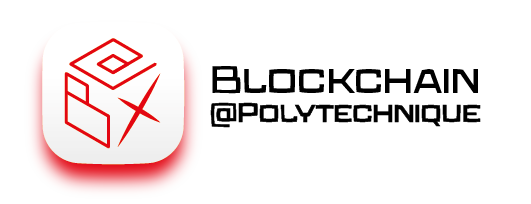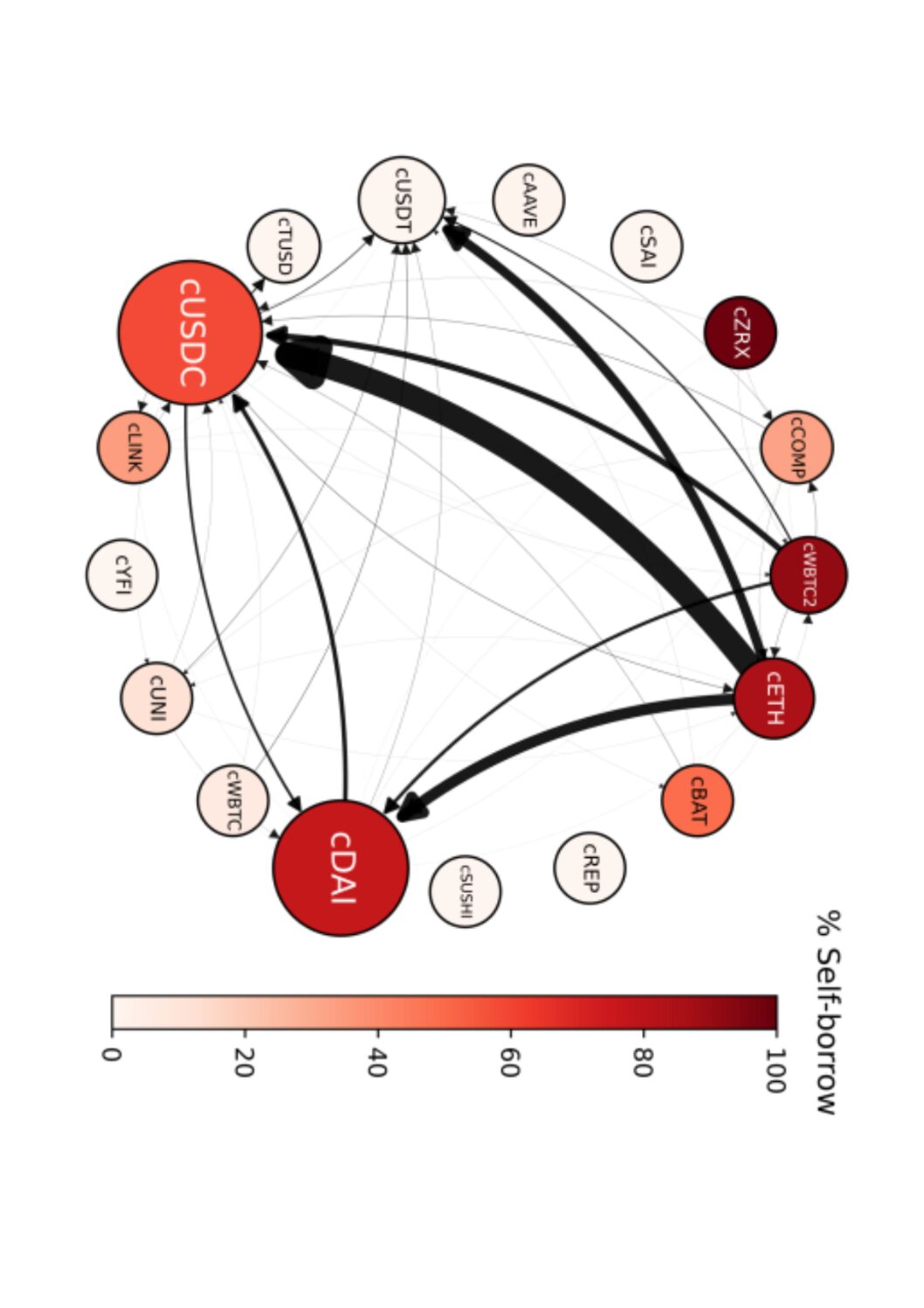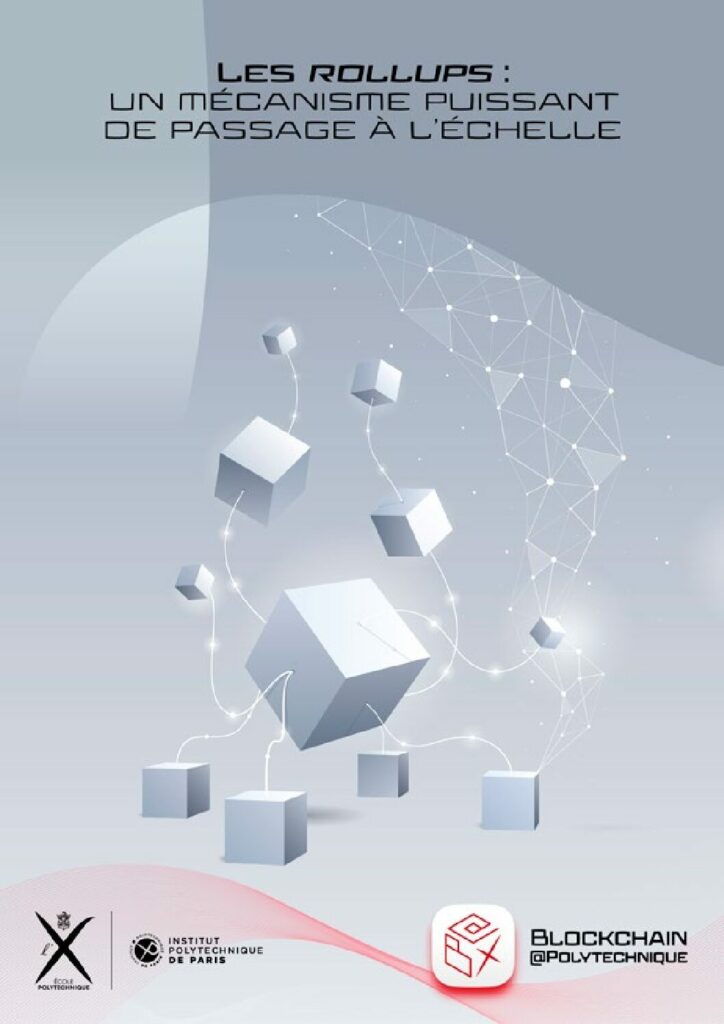
Site
Online
Dates
04/07/2022

CBER Forum –The Limits of Code Deference
Chair event
CBER Webinar:
Andrew Hinkes (NYU Law), Hosted by David Yermack (NYU Stern)
Topic
The Limits of Code Deference
Abstract
Using smart contract technology, entrepreneurs have created technical structures that allow their users to access novel financial services that operate without legally addressable counterparties and enable groups of people to act collectively to affect rights to digital assets. We call these various structures “decentralized ventures.” These decentralized ventures enable transactions among their participants in accordance with rules created and enforced by their code; human participants in these decentralized ventures interact with the venture, and sometimes with each other, using smart contracts. Smart contracts, however, may be flawed or behave in unexpected ways. What happens when a smart contract defect or error harms a decentralized venture participant? Some participants may sue, seeking damages, to reverse the smart contract outcome, or to enjoin the venture’s ongoing operation. Litigation over smart contract outcomes may disrupt—if not destroy—decentralized ventures and may have widespread unintended negative effects upon the rights and property of other decentralized venture participants and on third parties.
Many decentralized ventures attempt to prevent their participants from suing over smart contract outcomes by requiring that their human participants defer to and agree to be bound to the outcome of smart contract execution. We call this concept “code deference.” Code deference is critical to the orderly operation of decentralized ventures but has received little attention in the legal literature. This article examines legal and technical attempts to impose code deference on human users of certain types of decentralized ventures.



